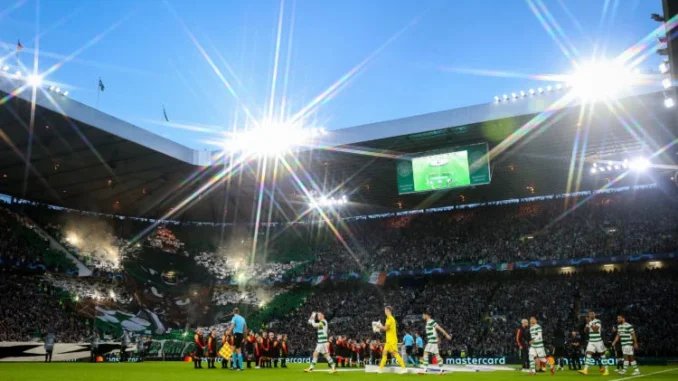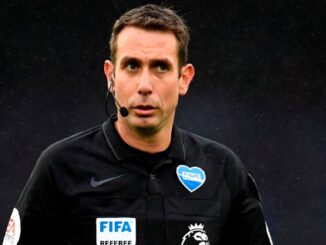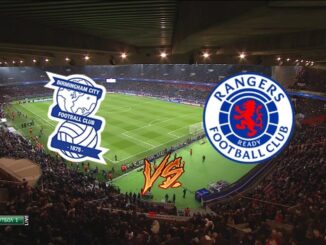
Gordon Strachan pinpoints the ‘advantage’ Celtic now have in the Champions League after rule change
This has been a really exciting week for the Celtic fans as they enjoy the headlines over Brendan Rodgers’ latest win over Rangers.
Celtic have had a blistering start to their domestic campaign and have blown away Kilmarnock, Hibs, St Mirren and now the Ibrox club.
But as the dust settles on the Glasgow Derby win at Celtic Park, attention will soon turn to the upcoming Champions League campaign.
Celtic have been drawn against Borussia Dortmund, Atalanta, Leipzig, Aston Villa, Young Boys, GNK Dinamo, Slovan Bratislava and Club Brugge in the new competition format.
And whilst there are tough ties in there, Gordon Strachan believes Celtic can qualify after spotting an ‘advantage’ the new UEFA format has given them.
Celtic can rekindle ‘special’ Champions League nights
Celtic’s record in the Champions League has been covered to the nth degree. And whilst the fans want to see realistic progress in the tournament, Strachan believes that his old club have a great chance of progressing.
Strachan told the Daily Express [print edition page 68], “The extra game at Celtic Park could give them an advantage.
“Brendan Rodgers has mentioned he wants to have a real go in the competition this season and that could help him.
“In the previous format, I always believed you needed at least one big scalp to get through. We managed to beat AC Milan and this was when Milan were at their absolute peak.
“That was a great Milan team we beat in 2007-08. We beat Manchester United the season before.
“When you’re playing the best teams with the best players when you can give your fans a victory, those are the special nights that live long in the memory.
“That’s what you need to get through and I imagine it will be the same with the new format.”
Celtic need European progression
Celtic fans of my vintage will remember the dark days of Europe in the 80s and 90s which was then eclipsed by the Martin O’Neill era of the 2000s.



Be the first to comment